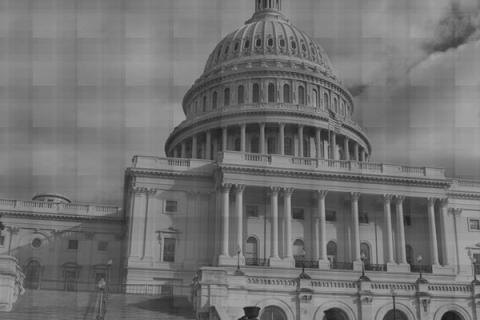 In 2007, the year before Barack Obama was elected President, the liberal advocacy organization Public Citizen’s “White House For Sale” website was actively seeking change in what it viewed as onerous lobbying activities, particularly bundling. Its lead headline read:
In 2007, the year before Barack Obama was elected President, the liberal advocacy organization Public Citizen’s “White House For Sale” website was actively seeking change in what it viewed as onerous lobbying activities, particularly bundling. Its lead headline read:
Bundling for Favors: Open the Books on Bundled Campaign Contributions
And its opening paragraph succinctly described bundling as:
“the activity of fundraisers who pool a large number of campaign contributions from political action committees (PACs) and individuals. Bundlers, who are often corporate CEOs, lobbyists, hedge fund managers or independently wealthy people, are able to funnel far more money to campaigns than they could personally give under campaign finance laws.”
Today, that website is “currently not being updated,” and thealternative that Public Citizen points readers to, makes no reference to bundling. It is as if the White House For Sale sign came down with the election of Obama. And that makes sense if you believe the promise that the president made, according to theNew York Times:
“to curb what he calls the corrupting influence of lobbyists, barring them not only from contributing to his campaign but also from holding jobs in his administration.”
But as the Times article points out, while things have improved regarding open lobbying around the White House, a rather swift undercurrent of funds continues to run through presidential fundraising activities; albeit via nameless, bundled funds that cannot be traced to a registered lobbyist or lobbying organization.
There seems to be little argument that the situation is quantifiably better under Obama’s more stringent anti-lobbying rules, but his actions have served only to trim the problem rather than cut it clean to the bone. His progress seems worthy of praise, but not abject capitulation on the part of civil libertarians who have argued for years that big donors have had too much control of American politics. Big, bundled donors still do have a great deal of control.
This past July, OpenSecrets.org published an article that discussed President Obama’s 244 major bundlers, or what the White House calls “volunteer fund-raisers,” who had collected at least $50,000 each. The article also reviewed a similar group of bundlers for the Romney campaign. And while the names of the individuals were revealed, no other details were made available.
Therefore, a Michael Smith of Los Angeles, one of the Obama bundlers, might be a bit difficult to track down. Nonetheless, we do know from the New York Times reporting that bundlers who are not registered lobbyists, but who represent corporations such as pharmaceutical giant Pfizer and communications leader Comcast have brought in hundreds of thousands of dollars to the president’s campaign coffers, and similar actions are taking place on the Republican side by successful fund-raisers for candidates such as Romney, Rick Perry and others.
These dollars are not being funneled into the White House and Republican campaigns with no strings attached. They provide access to the current and future president that average Americans will never approach through their Congressional representatives. Yet, much of the mainstream objection to lobbyist influence over presidential politics appears to have been put on hold by what President Obama calls his “bright line” between himself and specific types of contributors.
Meanwhile, according to the Times, the bundlers (indistinguishable from lobbyists):
“glide easily through the corridors of power in Washington, with a number of them hosting Mr. Obama at fund-raisers while also visiting the White House on policy matters and official business.”
The danger of buying influence in the White House is far from over.
